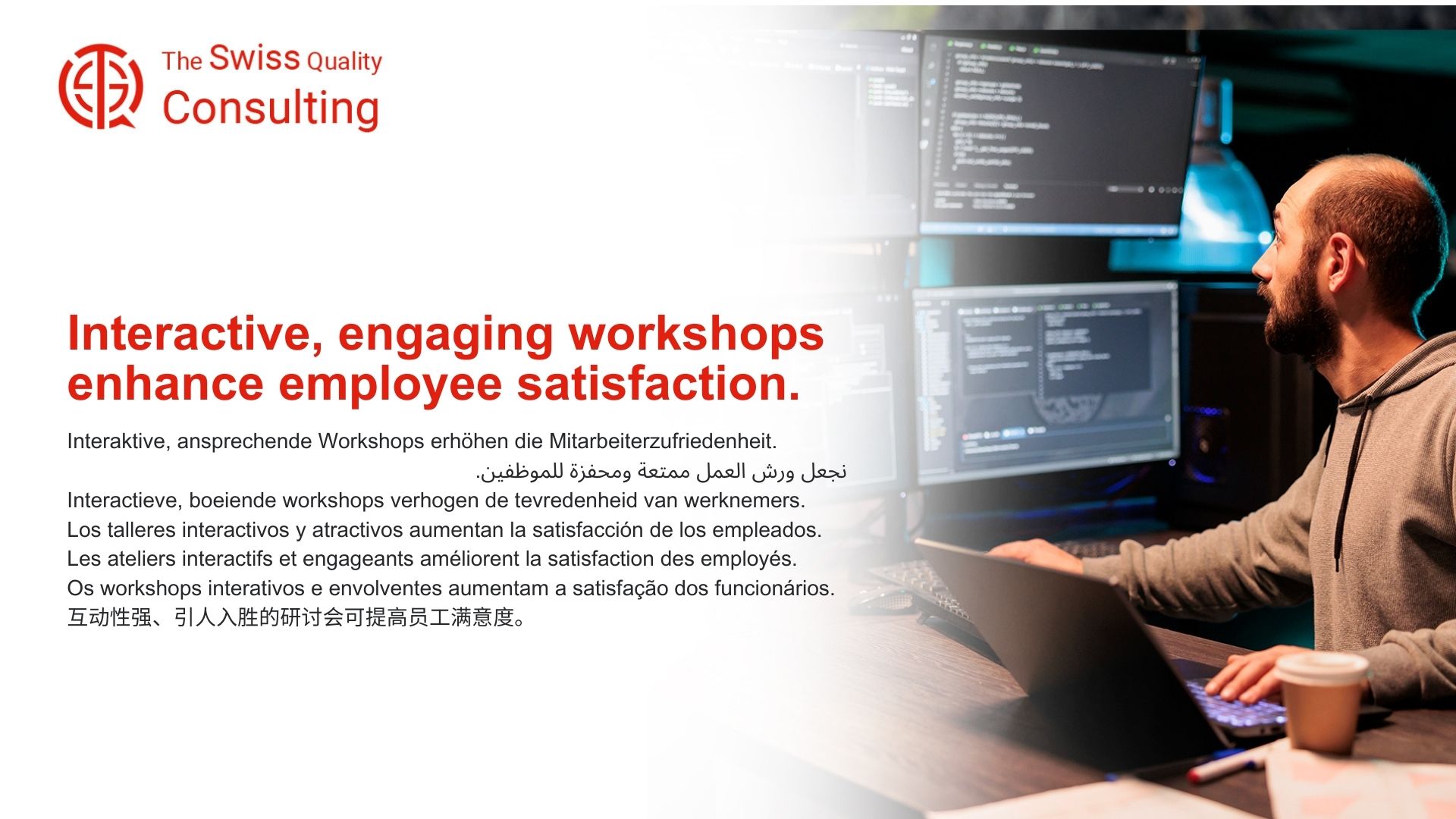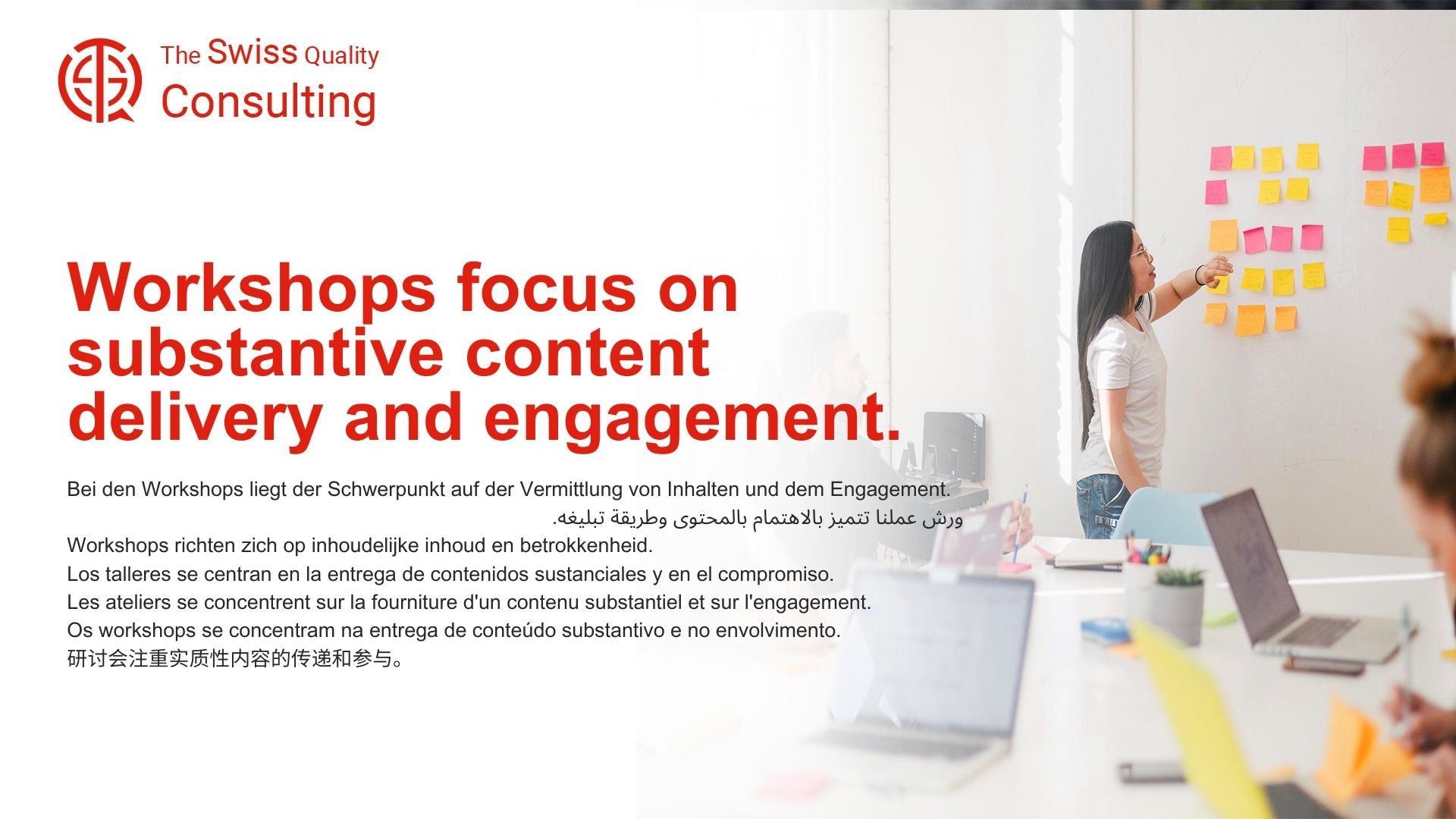Enhancing Customer Engagement through Incentivization
In an increasingly competitive business environment, cultivating and maintaining customer loyalty is more important than ever. Implementing a reward system has proven to be an effective strategy for businesses seeking to enhance customer engagement and loyalty. This article explores the significance of reward systems in building long-term customer relationships and their impact on business success.
The Role of Reward Systems in Customer Loyalty
Reward systems transcend mere incentives; they serve as a strategic imperative for orchestrating unwavering customer loyalty, building a future-ready brand, and empowering businesses to thrive in an increasingly competitive and experience-driven marketplace. This transformative approach empowers organizations to:
1. Cultivate Unprecedented Customer Loyalty and Drive Brand Advocacy: By offering personalized and meaningful rewards, tailored to individual preferences and behavior, organizations foster a sense of deep customer loyalty and brand advocacy. This translates into repeat business, positive word-of-mouth recommendations, and a resilient customer base that sustains growth in the long term.
2. Enhance Customer Engagement and Build Stronger Relationships: By acknowledging customer interactions and rewarding their engagement, organizations build stronger and more meaningful relationships with their patrons. This fosters trust, encourages open communication, and provides invaluable insights into customer needs and preferences.
3. Drive Behavioral Change and Encourage Profitable Actions: By strategically aligning rewards with desired customer behavior, organizations can nudge customers towards more profitable actions. This incentivizes high-value purchases, drives brand advocacy, and supports the achievement of key business objectives.
4. Gather Valuable Customer Data and Personalize the Experience: By analyzing reward program data, organizations gain unprecedented insights into customer preferences and behavior. This empowers them to personalize offers, optimize marketing campaigns, and deliver truly individual experiences that resonate with each customer.
5. Foster a Data-Driven Culture and Empower Customer-Centric Decisions: By democratizing access to reward program data, organizations promote a data-driven culture where all levels can contribute to customer-centric decision-making. This fosters a collaborative environment, empowers employees to understand customer needs, and drives a focus on delivering exceptional customer experiences.
6. Adapt to Evolving Customer Expectations and Remain Competitive: By continuously adapting reward programs to reflect changing customer preferences and evolving market trends, organizations ensure they remain competitive and relevant in the eyes of their patrons. This demonstrates agility, builds trust, and safeguards against customer churn in a dynamic and ever-evolving marketplace.
7. Secure a Competitive Advantage and Drive Sustainable Growth: By prioritizing hyper-personalized reward systems, organizations gain a significant competitive edge by attracting and retaining valuable customers, driving profitable behavior, and fostering brand loyalty. This translates into increased market share, improved profitability, and a more resilient and adaptable organization in a competitive landscape.
8. Build a Future-Proof Brand and Embrace Unwavering Customer Centricity: Investing in robust reward system solutions future-proofs organizations by equipping them with the necessary tools and insights to build a future-ready brand that thrives on customer loyalty. This ensures long-term viability, safeguards brand reputation, and empowers organizations to continuously evolve their customer experience strategies to adapt to the ever-changing demands of the future.
Beyond Incentives: A Foundation for Unwavering Customer Loyalty and Enduring Success:
By embracing hyper-personalized reward systems and adopting a transformative approach, organizations unlock the true potential for achieving unwavering customer loyalty, a future-ready brand, and enduring success. This empowers them to cultivate loyalty, enhance engagement, drive behavioral change, gather valuable data, foster a data-driven culture, adapt to change, secure a competitive advantage, and build a future-proof brand, ultimately building a future where customer experience is not just a priority, but a strategic differentiator that drives growth, fosters loyalty, and fuels enduring success.
Embrace the power of hyper-personalized reward systems and embark on a transformative journey towards a future where your customers are valued, your brand is loved, and your success is driven by the unparalleled capabilities of this strategic customer engagement tool. By investing in expert solutions, fostering a culture of customer-centricity, and empowering your teams to leverage data effectively, you can unlock the full potential of your organization and build a future of unwavering customer loyalty and enduring success.
Change Management for Implementing Reward Programs
Introducing a reward system requires thoughtful change management within the organization. This process involves identifying the needs and preferences of the target customer base, designing a program that effectively meets these needs, and integrating the system seamlessly into the business’s existing operations. Effective change management ensures that the implementation of a reward program is smooth and well-received by both employees and customers.
Executive Coaching for Strategic Customer Engagement
Executive coaching can be instrumental in guiding leaders through the development and implementation of effective reward systems. Coaches can help executives understand customer behavior, develop strategies to enhance customer engagement, and lead teams in executing these strategies successfully.
Effective Communication in Promoting Reward Systems
Effective communication plays a critical role in the success of a reward program. It is essential to clearly convey the benefits and features of the reward system to customers. This communication should be consistent across all channels and touchpoints, ensuring that the message is effectively reaching the target audience.
Generative AI in Personalizing Reward Systems
Generative Artificial Intelligence (AI) can greatly enhance the effectiveness of reward systems. AI algorithms can analyze customer data to personalize rewards, making them more relevant and appealing to individual customers. This personalization can lead to higher levels of customer satisfaction and loyalty.
Conclusion Reward Systems
In conclusion, reward systems are a powerful tool for driving customer loyalty and, by extension, business growth. By recognizing and appreciating customers through tailored rewards, businesses can build strong, lasting relationships that are mutually beneficial. Implementing such systems requires strategic planning, effective communication, and a deep understanding of customer needs, all of which are essential components of a successful customer loyalty strategy.
#CustomerLoyalty, #RewardPrograms, #BusinessStrategy, #CustomerEngagement, #Incentivization























